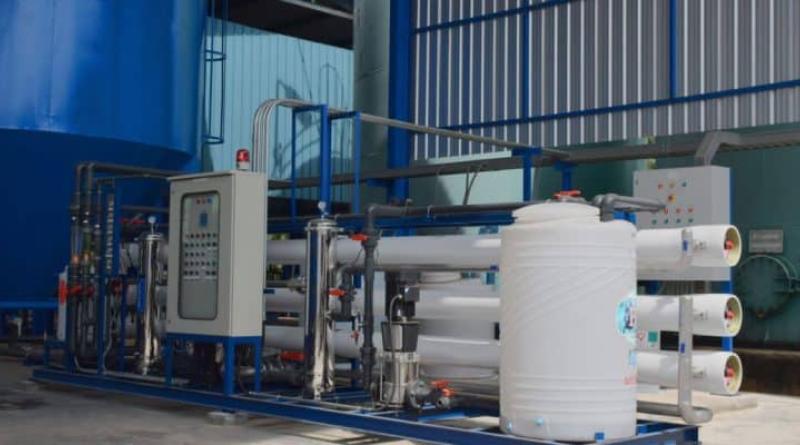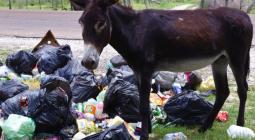In Namibia, the government is allocating N$15 million (more than US$848,000) to the Environmental Investment Fund (EIF) for the implementation of a drinking water project in 10 regions. It involves the installation of mini water desalination systems in boreholes.
A project aims to extract minerals from groundwater to improve its drinkability in Namibia. The initiative is supported by the government, which has just granted N$15 million (more than US$848,000) to the Environmental Investment Fund (EIF) for the installation of mini water desalination systems in 10 of the 14 regions of the southern African country.
The technique used in the groundwater desalination systems will be reverse osmosis. This process filters water so that only the molecules of water pass through, retaining impurities.
Improving water quality for people and livestock
“After the success in Spitzkoppe in the Erongo region, we wanted to replicate this success. This time, the project will be carried out in 10 regions, namely Erongo, Hardap, //Kharas, Oshikoto, Kunene, Kavango East, Kavango West, Ohangwena, Omusati and Zambezi,” explains Ndiyakupi Nghituwamata, the executive director of the Ministry of Agriculture, Water and Land Reform.
In addition to the people, the water desalination project will improve the quality of water supplied to livestock, especially on communal farms. For the record, 80% of Namibia is covered by desert or semi-desert. In addition, climate change is also degrading water quality.
Read also –
To improve the quality, services and sustainability of water supply, the Namibian government is also focusing on the construction and rehabilitation of water facilities and desalination of brackish water, as most brackish water contains between 1 and 10 grams of salt per litre.
Inès Magoum






